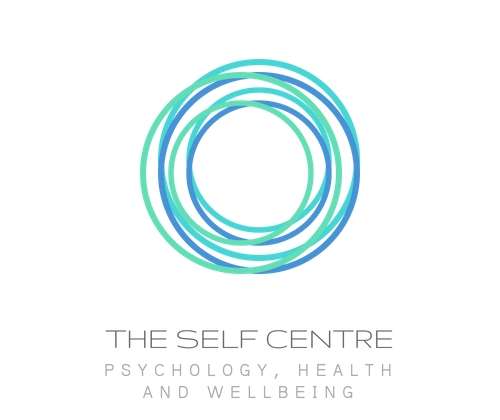
Active Self Compassion – what is it?
Every year there is a new pop-psychology catch-phrase that takes the world by storm. A few years ago it was ‘mindfulness’, then ‘wellness’, and now it seems to be ‘self-care’.
In many ways I love that we are building these words into our language and everyday living, however I think it is important that we really understand what they mean. Without doing this, we run the risk of dismissing them as nonsense or we can end up thinking we already do them and miss out on the true benefits of their practices.
Self-care suggests that we have to prioritise ourselves equally to others and take time to give to our selves what we need. At The Self Centre we work quite frequently with people to help them increase their daily habits of self-care.
One very important part, if not the most important part of ‘self-care’ is practicing ‘active self-compassion’. Research suggests that people who use self-compassion have better emotional coping skills.
So what is ‘self-compassion’?
In a nutshell self-compassion is actively being kind to ourselves both in how we treat and how we think about ourselves. Self-Compassion has been shown to be a powerful way to achieve emotional well-being in our lives.
Self compassion asks us to actively nurture ourselves, to offer forgiveness when we struggle or make a mistake, and to be kind to ourselves. For example, catching our own thoughts of self-critique, such as: “I’m so silly”, “I need to be better”, “what is wrong with me”, offering ourselves a moment to acknowledge the hurt that we feel, and then saying someone like “of course I feel this way” or “of course I made a mistake” – “I’m human and its ok.” This act of mindfulness acknowledges the hurt, attends to it, and then offers kind forgiveness to ourselves.
Often when I work with people on ‘self-compassion’ at The Self Centre, they worry this means they will have to lower their standards for themselves or only be positive. Self-compassion does not ask us to ‘not care’, ‘become complacent’ or ‘be blind optimists’. It asks us to notice when we are suffering and offer ourselves a compassionate response rather than a critical one wherever possible. Self compassion helps lessen the hold of negative emotions but it does not eliminate them. Self compassion allows us to respond to pain, rather than react, refuse, or reject pain.
Research shows that when we are critical of ourselves we aggravate the fight or flight response in our brain. This sends our bodies into stress mode. We can see that self-compassion offers us the opposite response. Self-compassion allows us to feel attended to, calm, safe. It offers us healing, and it builds resilience.
Self-compassion is a very helpful tool for building self-esteem, emotional resilience, healing pain, and building overall wellbeing. However, it can be a very tricky concept to understand. Self-compassion asks us to acknowledge our suffering and pain. You do not have to suffer alone – we are here to support you.
If you would like to learn more about self-compassion and how it could fit into your life please contact The Self Centre.
(Written by Lyndsay Babcock for The Self Centre 2018. Credit to Dr Kristen Neff and her wonderful book called “Self-Compassion”.)
